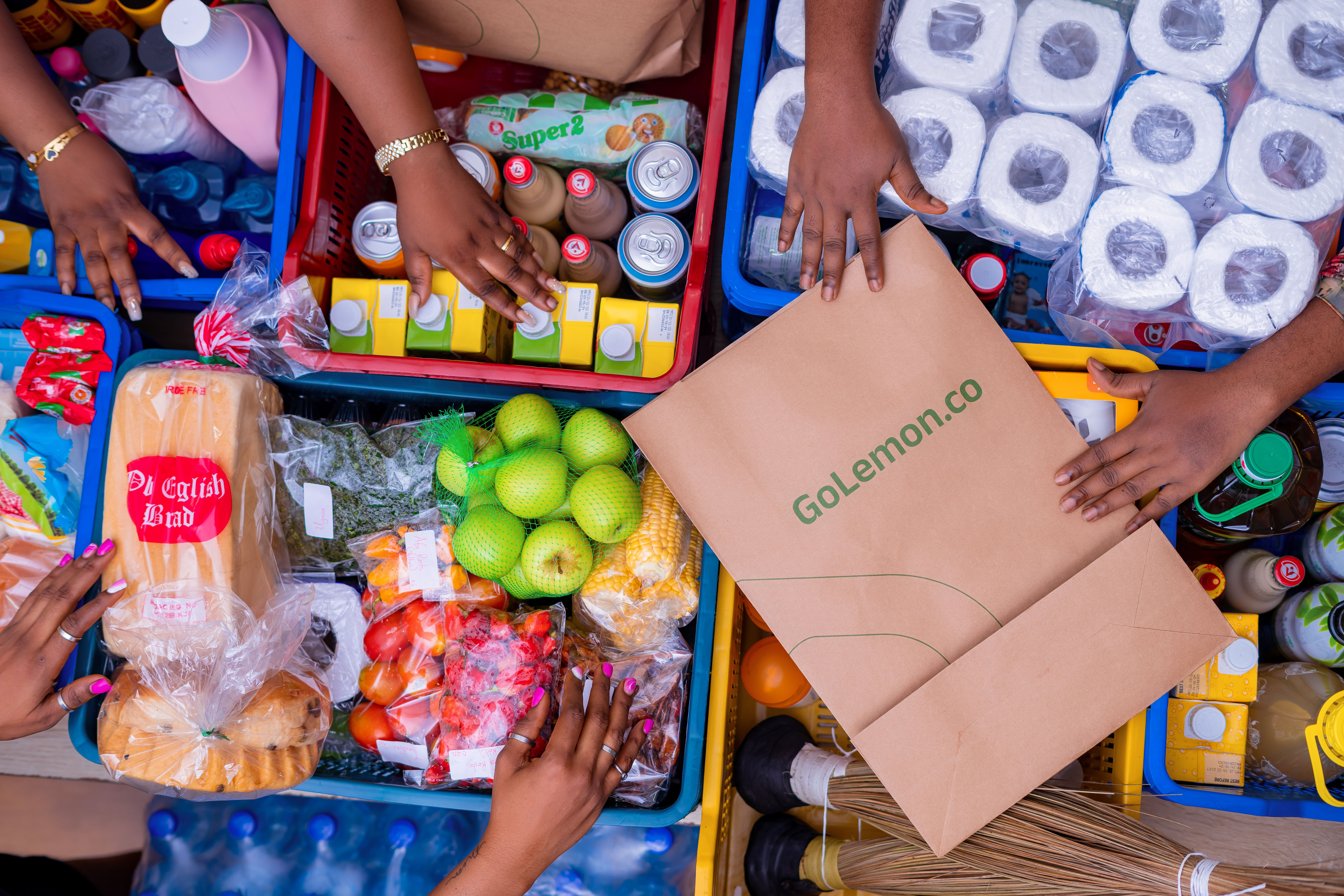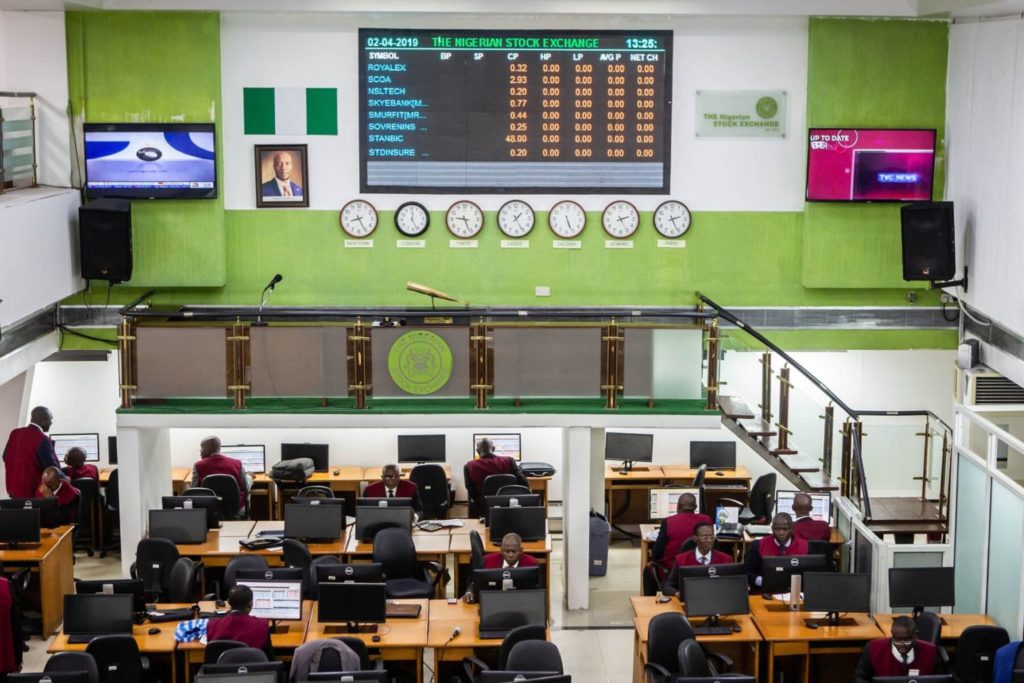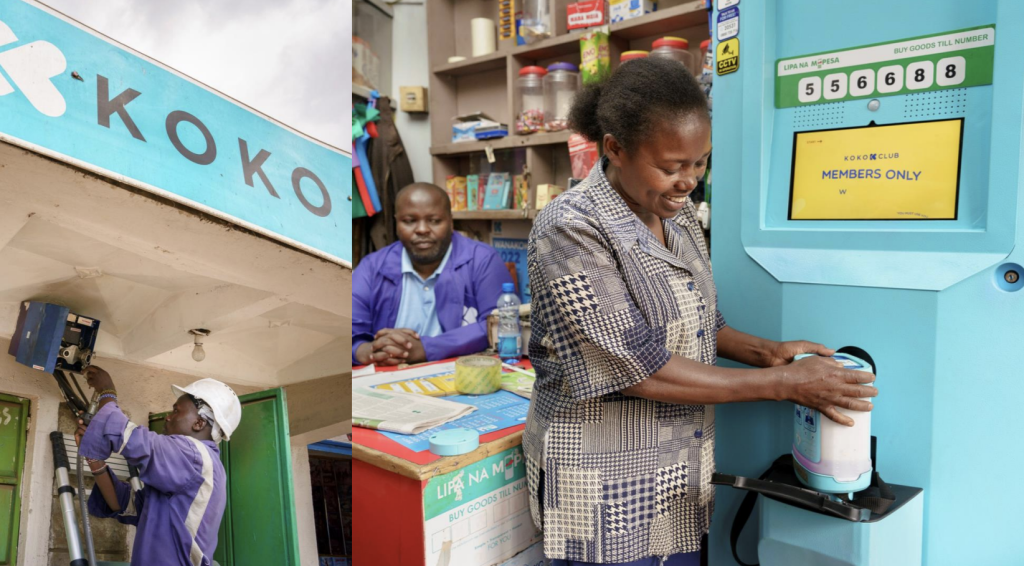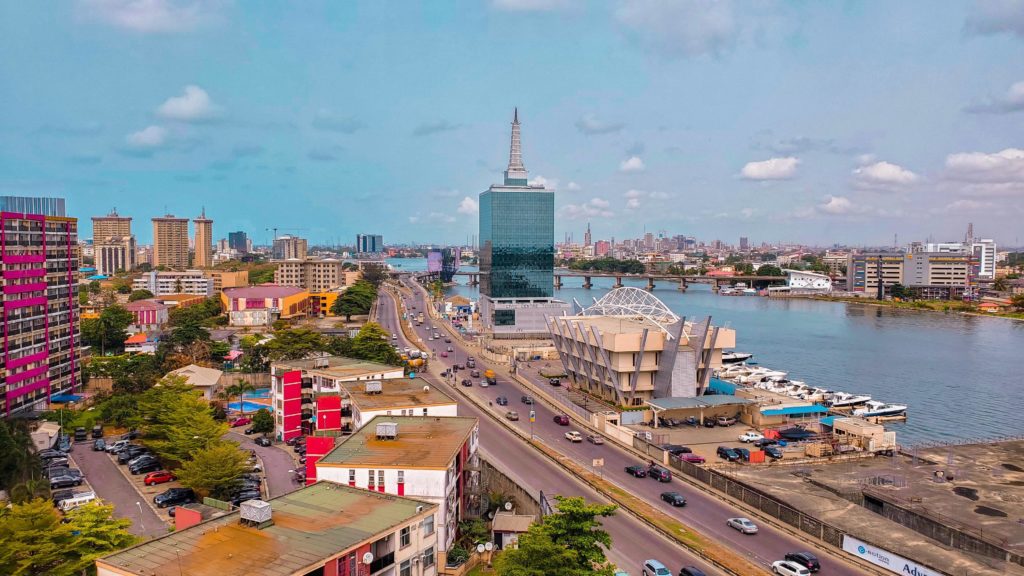GoLemon, the grocery delivery startup founded by four ex-Paystack staff members, will begin testing a next-day delivery next week, sources familiar with the matter told TechCabal. Currently, GoLemon’s earliest delivery time is two days after an order is made.
Reducing delivery time by over 40% could help the company make more inroads in a market accustomed to same-day delivery from competitors like Mano, Price Pally, My FoodAngels, and Chowdeck.
GoLemon confirmed it will now run round-the-clock operations to achieve faster delivery times.
“Our operations now include overnight shopping (what we call picking and packing), processing, early morning quality checks, and real-time inventory management,” GoLemon co-founder Abdulrahman Jogbojogbo told TechCabal.
According to a person familiar with the company’s operations, the tech team is developing a dashboard that will improve order tracking and communication within the team. This is an improvement over the Slack bots it previously used. The team will now work in shifts, improving overall efficiency.
Industry reports show that faster delivery also implies increased fulfillment costs. However, GoLemon says its delivery prices will remain unchanged.
Introducing next-day delivery will be a critical shift for a company that has previously shared that it prioritises quality and affordability over speed.
During a panel session at Moonshot by TechCabal, GoLemon CEO Yinka Adewuyi said the company’s typical customer, who makes bulk purchases and has an average basket size of ₦50,000, is not in a rush to get their delivery. This allows the startup to sort deliveries based on proximity and provides a cost advantage with delivery fees as low as ₦300.
While slow shipping allows a company to control fulfillment costs, it also makes the grocery delivery service less attractive to impulse buyers—a demographic fueling the growth of startups like Chowdeck, which sources groceries from malls and local markets in 40 minutes, and Mano, which sources from its dark stores located in various locations in Lagos and Abuja. PricePally and MyFoodAngels source produce directly from farmers and open markets.
“We’ve always had next-day delivery in our sights,” said Jogbojogbo, a GoLemon co-founder. When the eight-month-old startup was in the pilot phase, it only delivered on weekends, he shared. The company has been pacing itself so it can “focus on building direct relationships with more farmers, manufacturers, and distributors who are aligned with our quality standards.”
“The [current] 36-hour window probably buys [GoLemon] enough time to find the requested item and keep to the expected delivery time,” said Olapeju Umah, CEO of MyFoodAngels.
Sourcing is not the only element in quick grocery delivery—it also helps if the business sets up its inventory to access more items on demand. If a startup cannot afford its warehouse, it could partner with a storage space provider. However, forecasting demand can help businesses optimise inventory. GoLemons says that it has built a smart prediction model that is already helping them stock the right items and quantities.
The shorter delivery time can level the playing ground for GoLemon’s competition with older players. “[But] our goal isn’t fast commerce; it’s about providing a balanced grocery commerce experience that’s accessible to all, with groceries sold at the lowest prices and highest quality,” Jogbojogbo insists.















